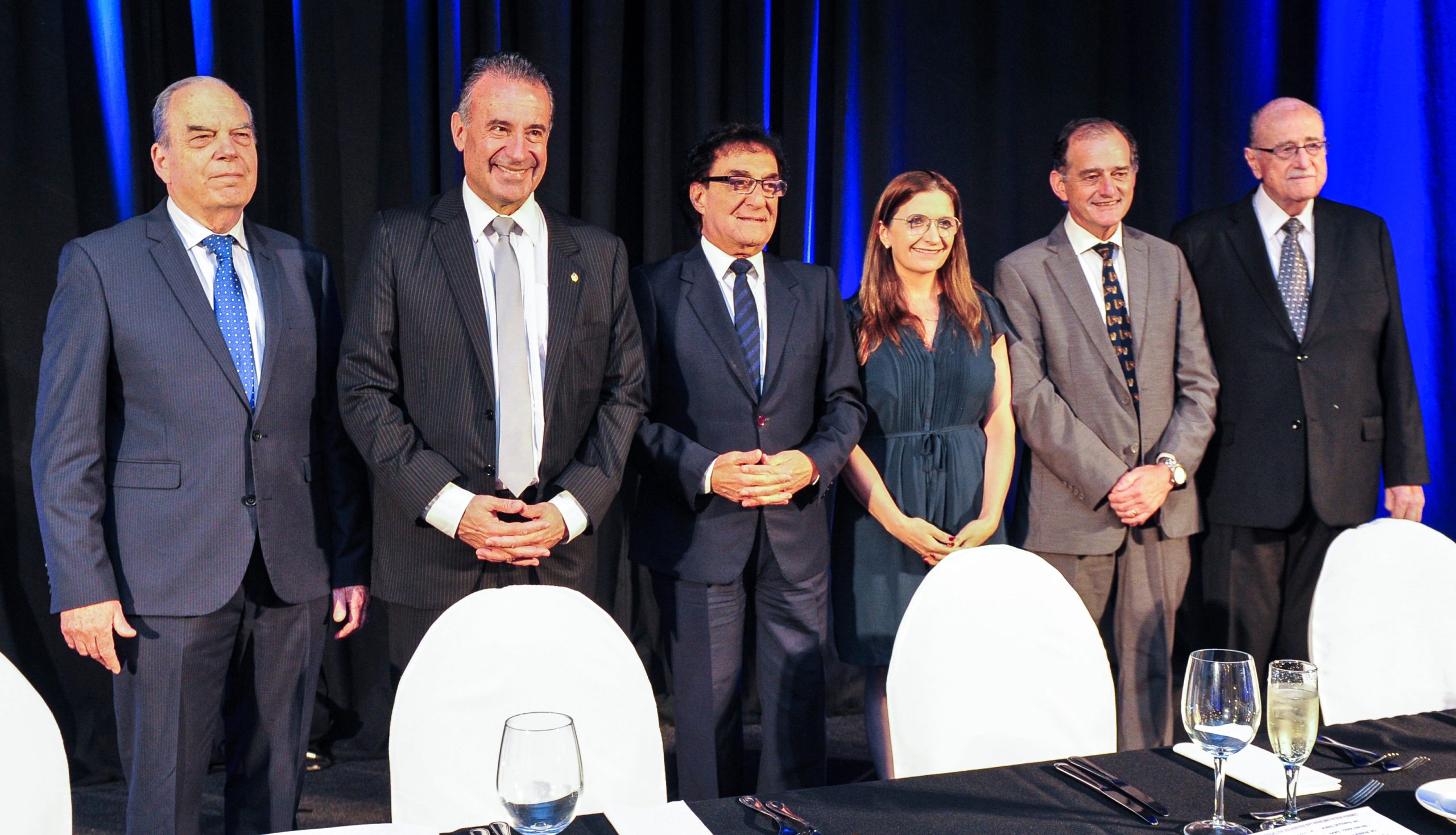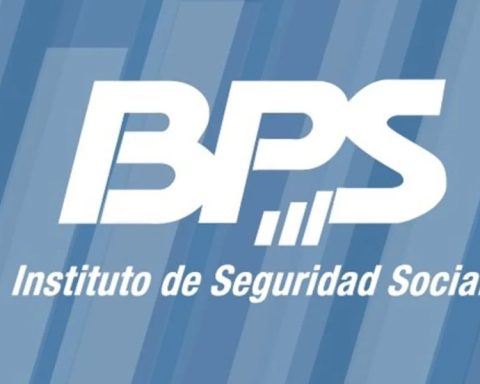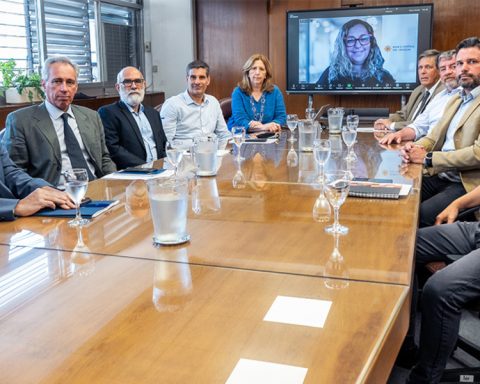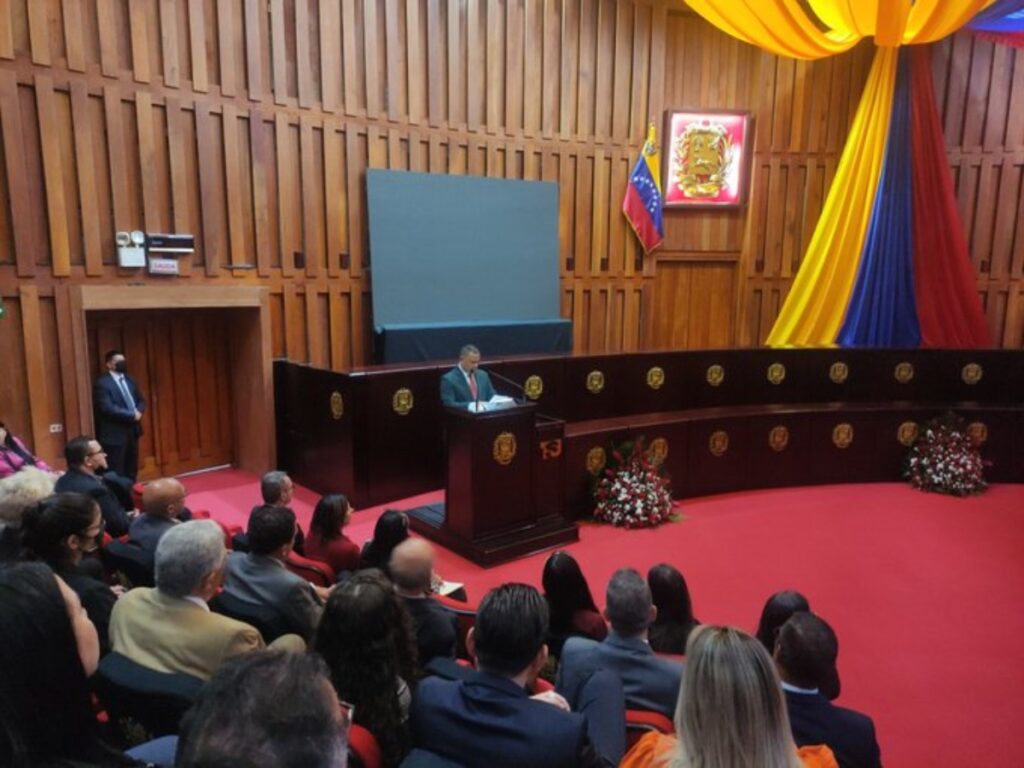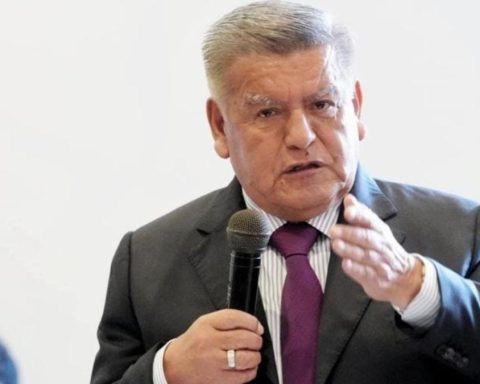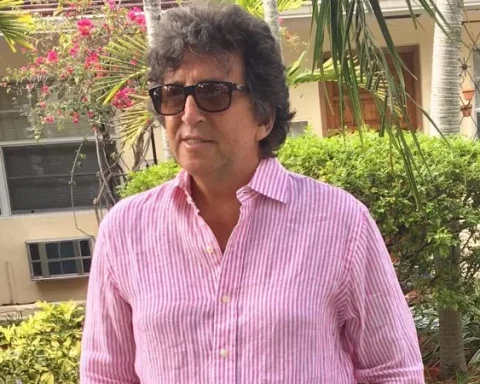The Minister of Public Health, Daniel Salinas, presented, this Wednesday the 9th, on the management of the COVID-19 pandemic, vaccination plan, portfolio restructuring and development of public health policies. In addition, he highlighted that it was approved to allocate 2 million dollars for the relocation of the laboratory of the Honorary Commission for the Fight against Tuberculosis and for the execution of new molecular diagnostic techniques.
The activity, organized by the Association of Marketing Managers of Uruguay (ADM), was also attended by the interim Minister of Housing, Tabaré Hackenbruch; the president of the National Administration of State Sanitary Works (OSE), Raúl Montero, national and diplomatic authorities.
In his speech, Salinas referred to the development of public health policies and highlighted the approval of 2 million dollars next year for the Honorary Commission for the Fight against Tuberculosis and Prevalent Diseases (CHLAEP) to specify the relocation of the laboratory in the new facilities and realization of new molecular diagnostic techniques. In addition, he detailed the main actions developed in the programs for childhood, adolescence, disability, older adults, palliative care, prevention of different types of oncological, sexually transmitted and non-transmissible diseases, developed by the Ministry of Public Health (MSP).
Likewise, he stressed that the management of the COVID-19 pandemic was based on three pillars: leadership, management and innovation. He added that a comprehensive, multidisciplinary and inter-institutional approach was carried out with permanent articulation between the Executive Branch, the Legislature, public and private health providers, scientific and academic communities and unions. In management, the design of the strategies provided answers with understandable communication in the face of a scenario of vulnerability, uncertainties and permanent change, he said.
The hierarch recalled that a contingency plan, risk evolution and mapping of possible epidemiological scenarios was designed with a three-level response: alert, preparation and imminent risk of spread.
Salinas indicated that, during the health crisis, the number of beds in Intensive Treatment Centers (CTI) doubled, training was provided to health personnel for care in these sectors and there was an increase in drugs for medical treatments. In addition, he referred to the implementation of contingency centers for people with social vulnerability and the agreement between the MSP, the State Health Services Administration (ASSE) and the State Insurance Bank (BSE) for the rehabilitation of patients.
Communication as a transversal tool to health policy is fundamental, he said, and he stressed transparency as a fundamental ethical value.
Among the innovative aspects, he highlighted the development of PCR, LAMP, ELISA and serological tests that, according to him, allowed accessibility and diagnostic sovereignty. Likewise, he indicated that there are 28 laboratories in the country with biosafety level 2 and two mobile laboratories.
He maintained that the vaccination plan was carried out with responsibility and solidarity and that the national scope strategy, in the midst of great uncertainty and a challenging context, became an example of effectiveness and efficiency at a global level. In this sense, he recalled that risk groups were prioritized for inoculation and that Uruguay was the first country in Latin America to vaccinate pregnant women and minors between 12 and 17 years of age. In addition, he added that the plan had great support from the population, which allowed the resumption of cultural, sports, social and educational activities.
The hierarch also referred to the restructuring of the MSP and stressed that it was essential to respond effectively to current needs and demands. In this regard, he detailed the new units and the functions developed in each executing unit. Among the actions carried out, he highlighted the duplication of the CTI beds, creation of the monitoring and management unit, design of new assistance goals, strengthening of the departmental health directorates and the first level of care.
